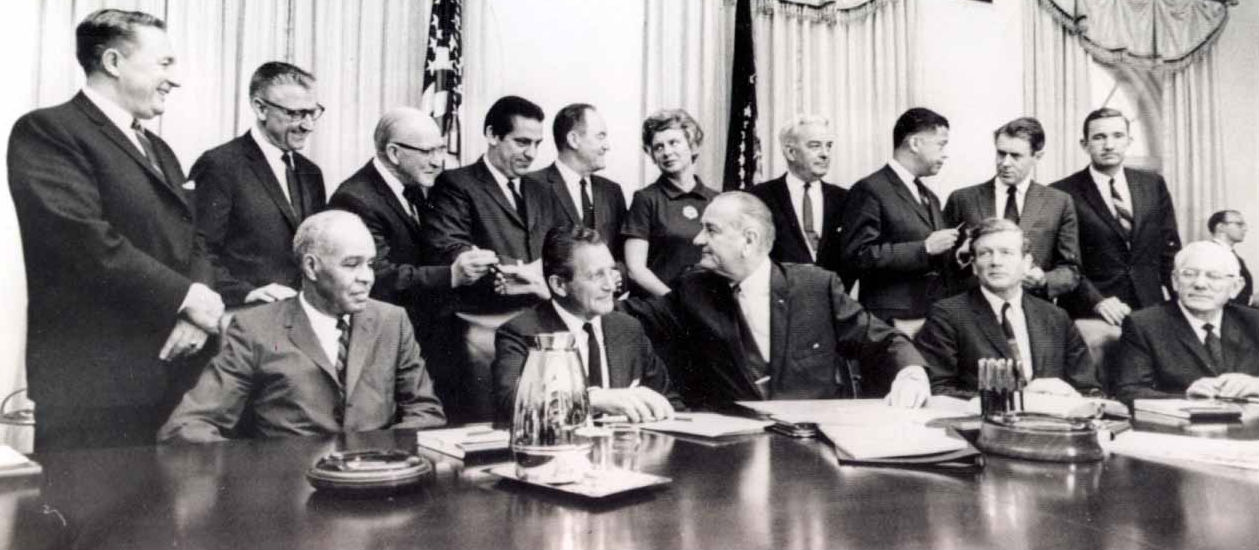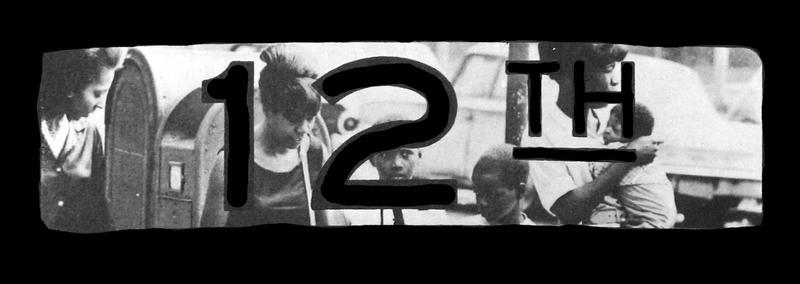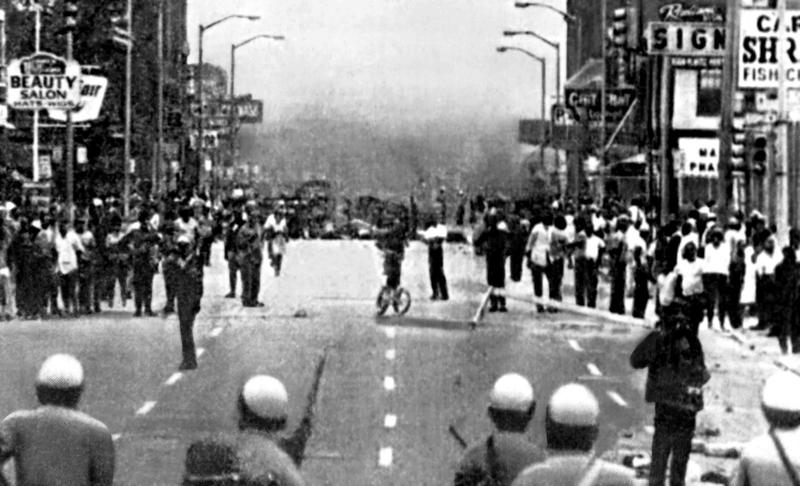This page was last updated: February 17, 2025
The Great Rebellion
of the Detroit riot – July 27th, 1967
Those charged with the responsibility of law enforcement should, and must, be respected by
all of our people. The violence must be stopped: quickly, finally, and permanently.
It would compound the tragedy, however, if we should settle for order that is imposed by the muzzle of a gun.
To those who are tempted by violence, I would say this: Think again. Who is really the loser when violence comes? Whose neighborhood is made a shambles? If you choose to tear down what other hands have built,
- You will not succeed;
You will not succeed;
- You will suffer most from your own crimes;
You will suffer most from your own crimes;
- You will learn that there are no victors in the aftermath of violence.
You will learn that there are no victors in the aftermath of violence.
The apostles of violence, with their ugly drumbeat of hatred, must know that they are now heading for disaster. And every man who really wants progress or justice or equality must stand against them and their miserable virus of hate.
t.
. President Johnson and the newly formed Kerner Commission.
Clic Detroit - 12th Street - 1967
The Kerner Report of 1968 was a comprehensive attempt to explain the hundreds of urban riots of the 1960s. Among its primary conclusions was that "Our nation is moving toward two societies, one black, one white - separate and unequal."
"One thing should be absolutely clear: this matter is far, far too important for politics. It goes to the health and safety of all American citizens.
a thicket of tension, conflicting evidence and extreme opinion.
The Great Rebellion was Detroit's defining moment. The Vietnam War, together with the Civil Rights Movement and the urban riots, represented three monstrous rogue social waves which would all meet up in the mid 1960s to form the perfect storm of tumult - a tsunami that covered the country, leaving it submerged in racial and generational hatred.
The Civil Rights Movement had created great expectations but its hard-fought gains were too slow in coming and the economic gains were not proportional to the social advancements. As decades of lingering ghetto frustrations mounted, peaceful civil rights demonstrations were replaced by urban riots.
"Rioting is the voice of the unheard," said Martin Luther King. The ghetto riots of the 1960s were a unique strain of madness, a blind man's bluff of aimless rage triggered by decades of desperation, frustration, prejudice and hopelessness.
As the flame of rebellion spread across the country, one could have reasonably expected the trouble to have come from the Jim Crow South, yet the vast majority of riots were not only in the North but oftentimes in cities where black opportunity was the greatest, like Detroit.
The Kerner Report of 1968 was an attempt to explain the ghetto riots. It primarily blamed white racism for the oppressive conditions that had been building up in America's big cities since WWII. This is not what the American public wanted to hear in 1968, but a wiser more philosophical America is now ready to explore other possibilities.
Were these riots actually race riots, as the media lead us to believe or were they rebellions against circumstances, the inevitable reaction for people who had faced a great wall of hopelessness their whole life? I would wager that many of those who answer race riot probably grew up middle class (or better) and have never experienced the character changing attributes that perpetual hopelessness and despair can inflict, have never experienced true poverty except what they see on t.v. or felt the constant, excruciating sting of prejudice. Much like the Kerner Commission in 1968, I spent six years investigating this event, traveling the country to ascertain the facts and found that they are not pretty. I have marshaled over 350 poignant photographs, many previously unpublished, to assist in telling this tragic story.This book chronicles the building of Detroit, the decades of social and economic change around the country and the hundreds of riots that preceded Detroit, namely the Birmingham civil rights demonstrations of 1963, Harlem riot of 1964, Watts riot of 1965, Hough riot of 1966 and the Newark riot of 1967, all of which acted as a catalyst for The Great Rebellion.
If viewed in its entirety, the causes of The Great Rebellion would look something like a great layer cake with each layer representing a different time period in Detroit and racism being the all-encompassing frosting. America paid a terrible price for its centuries of racial intolerance. It took a contagion of riots across the country to get that point across. As the specter of The Great Rebellion now fades into the shadows of memory, one question has always continued to haunt us: What have we learned?
To order this book, go to the bottom of the "Detroit - 1967" page.



